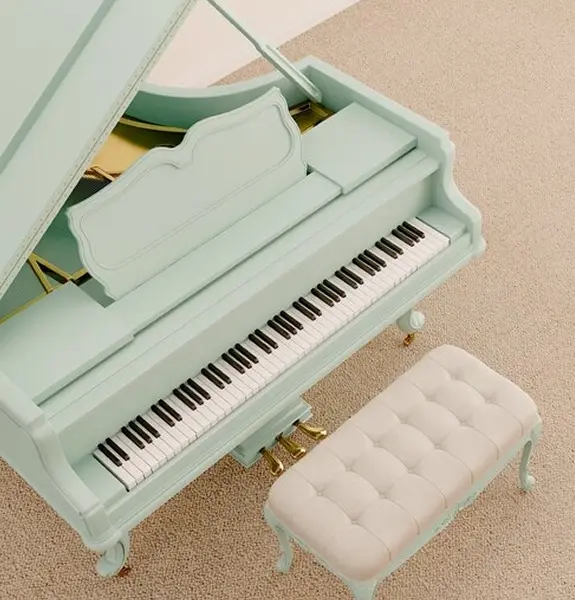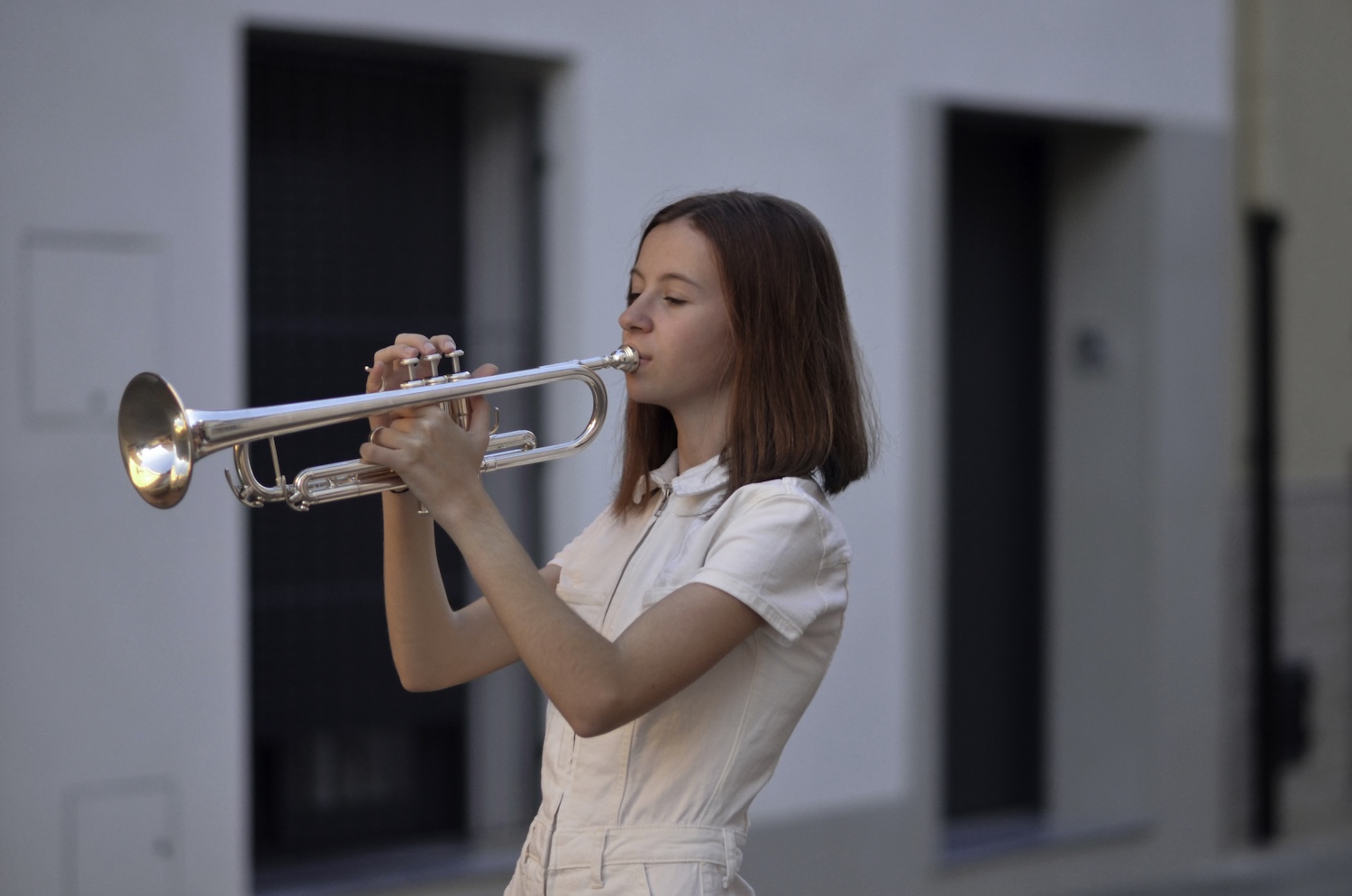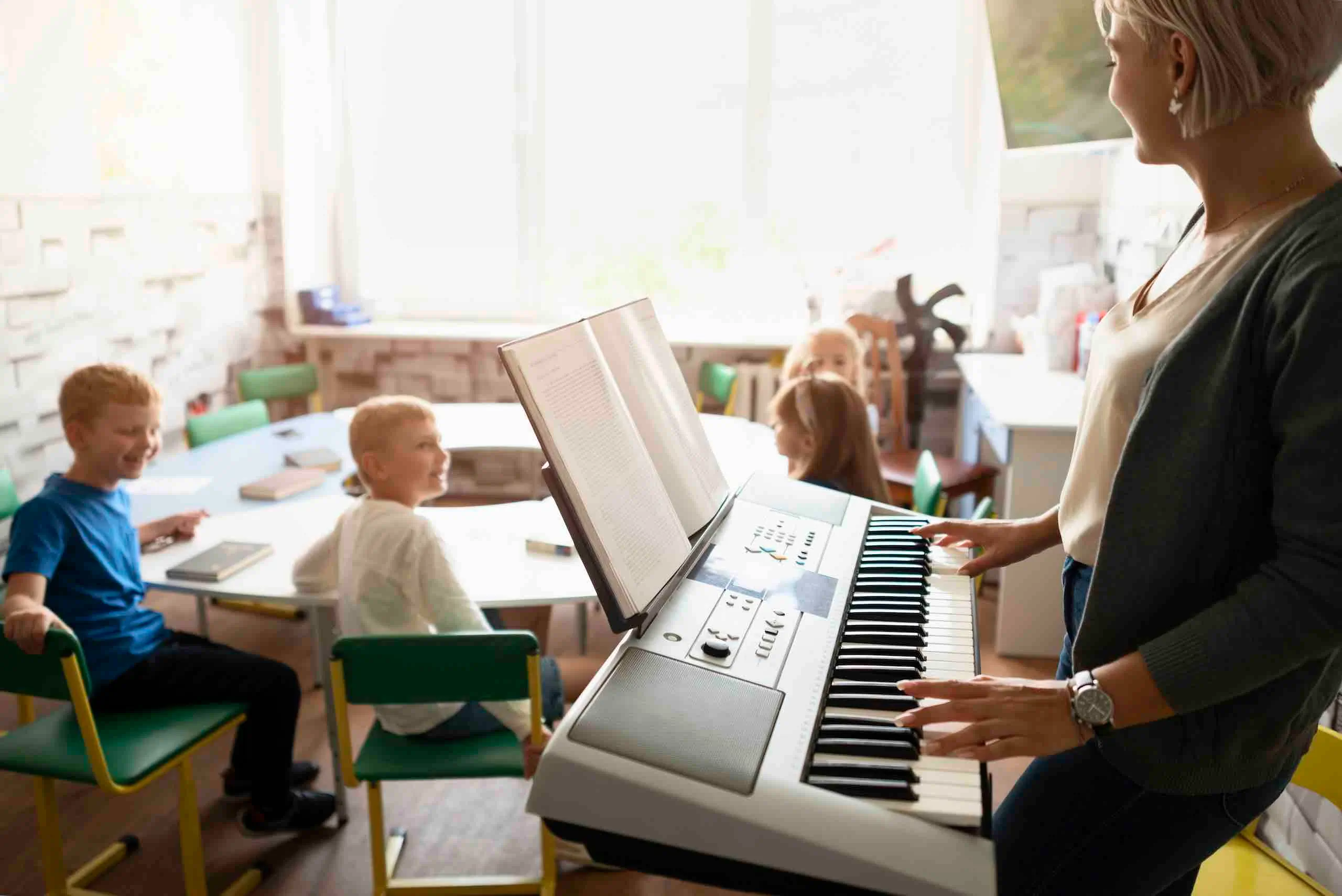All packages are carefully tailored to help with your learning objectives. You can buy the silver and gold packages as many times as you need.

The impact of learning piano at a young age
Learning to play the piano at a young age can have a profound impact on a child’s development, both musically and otherwise. In this blog post, we’ll explore some of the key benefits of piano lessons for children and discuss why it’s never too early to start learning this beautiful and versatile instrument.
- Cognitive Benefits
Research has shown that learning to play the piano can have a positive impact on a child’s cognitive development. Piano lessons require a great deal of focus, attention, and mental discipline, all of which can help to strengthen a child’s cognitive abilities. Studies have also shown that children who study music tend to perform better in math, science, and other academic subjects.
Playing the piano also requires the use of both hands in a coordinated manner, which can help to improve fine motor skills and hand-eye coordination. These skills can be useful in a wide range of activities, from writing and drawing to sports and other physical activities.
- Emotional Benefits
Learning to play the piano can also have emotional benefits for children. Playing music can be a great way to express emotions and channel energy in a positive way. It can also help to build self-esteem and confidence, as children learn to master new skills and overcome challenges.
Playing music with others can also be a great way to build social connections and develop a sense of community. Whether it’s playing in a band, accompanying a singer, or playing duets with a friend, making music with others can be a rewarding and enriching experience.
- Musical Benefits
Of course, one of the primary benefits of learning to play the piano is the ability to create beautiful music. The piano is a versatile instrument that can be used to play a wide range of musical styles, from classical to jazz to pop and rock. Learning to play the piano can help children to develop a love and appreciation for music that can last a lifetime.
Learning to play the piano can also help children to develop a range of musical skills, including reading sheet music, understanding rhythm and timing, and developing a sense of musical phrasing and expression. These skills can be useful in a wide range of musical settings, from playing in a band to singing in a choir to composing their own music.
- Long-Term Benefits
Finally, learning to play the piano at a young age can have long-term benefits that can last well into adulthood. Playing music can be a great way to reduce stress and promote relaxation, which can be particularly beneficial in today’s fast-paced world.
Playing music can also be a great way to stay mentally and physically active as we age. Many older adults find that playing music is a great way to stay sharp and engaged, and there is growing evidence that playing music can help to stave off cognitive decline and other age-related conditions.
Conclusion
In conclusion, learning to play the piano at a young age can have a wide range of benefits, from cognitive and emotional development to musical and long-term benefits. Whether your child is interested in pursuing music as a career or simply wants to learn a new skill, piano lessons can be a great way to help them develop their abilities and achieve their goals.
Of course, it’s important to find a qualified music teacher who can provide effective instruction and support throughout the learning process. With the right guidance and support, learning to play the piano can be a rewarding and enriching experience that can last a lifetime.
Featured Blogs
Our Packages
Frequently
Asked Questions



 0 Responses
0 Responses



